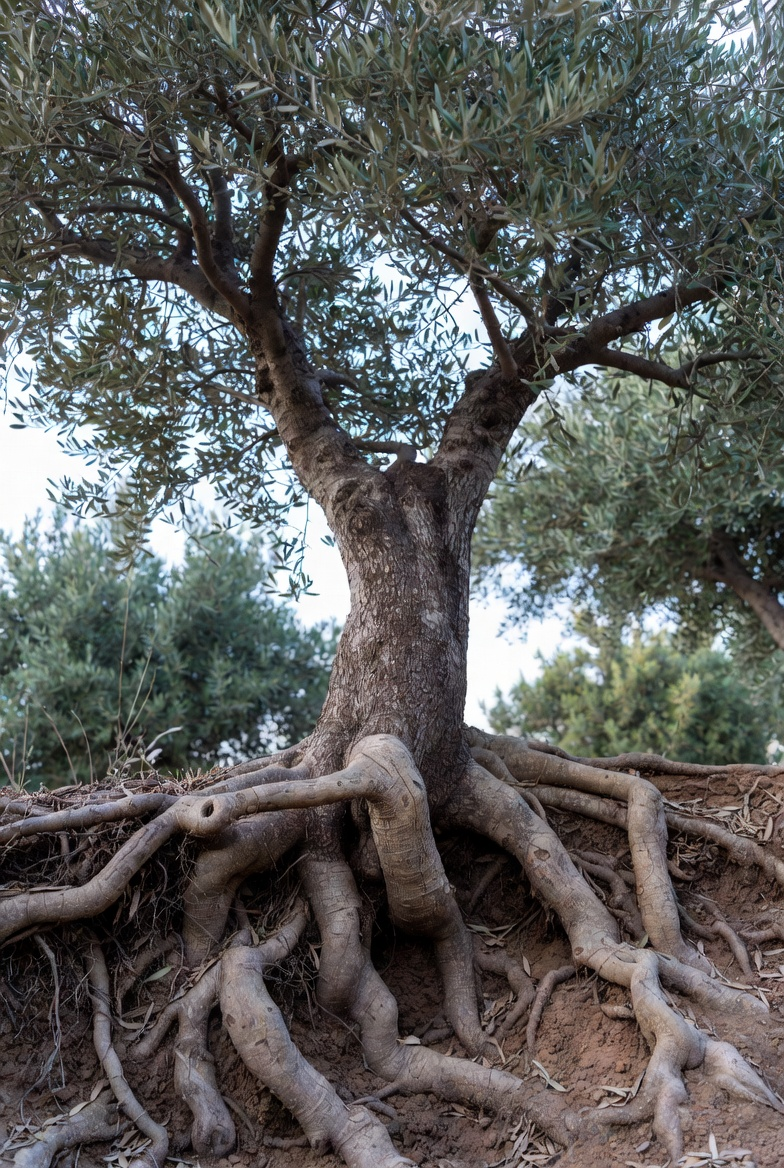| 48 As we proceed towards the tropics the consonants disappear; the vowels predominate; and in conversation the organs of articulation are thrown open. .
Here is the home of the breadfruit-tree. We see it all around us; it is the commonest tree in Papeete. It is a good bearer, and grows to be a very large tree. We saw specimens of the fruit on the tree, fully two thirds the size of a person's head. When boiled or fried, it tastes like the potato.
Queen Pomare has opened, macadamized, and embowered, a public road, which, following the seashore, extends all around the island, making a most delightful drive of one hundred miles in extent. It is kept in repair by convict labor. We did ourselves the honor of visiting the Queen. She received us very kindly; conversed with us in English, through her niece, the heiress-apparent to the throne; and when we arose to leave, bade us a friendly adieu. She is now quite old-perhaps seventy-five years-but still straight as an arrow, and retaining all her faculties in perfection.
There was an easy dignified grace about both her and the princess that was becoming. Pomare must well remember the time when her people were nude savages, without the redeeming features of their present civilization. Report speaks of great licentiousness in the rude old times; and what marvel, when, on Tahiti, free-love was, and to a certain extent still is, the established order of things; and climatic influences compel all nature to run riot in sheer voluptuousness. But the race is still robust, the blood uncontaminated, as a rule, and the power of transmission is still vigorous and unimpaired.
THE LOST FOUND.
On Friday, December 19, as we were straying out of town on the Queen's road, two middle-aged men accosted us, and wanted to know if we were missionaries. They could not speak a word of English, and we gave them to understand, as well as we could, that we were missionaries bound for Sydney. They still clung to us, frequently using the name, Parato. The fact is, they were brethren of our faith, mysteriously led to accost us, and were inquiring if we knew Addison Pratt. Their persistency became so marked that we began to suspect them of being police spies, and got away from them as soon as we decently could.
We passed along into the open country, and there finding the Queen's road overseer, who spoke good English, we were informed that there was a settlement of Mormons at Tiona (pronounced Te-o-na), five miles west of town. He could give us no names; said there were none of our people living in Papeete; that they had been somewhat persecuted in times past, and for the sake of peace had all settled at Tiona (Zion).
Well, well! and so we have found our brethren at last-at the eleventh hour! for the ship is to sail to-morrow afternoon. We prayed for her detention, and she was detained until the following Thursday (Christmas).
On Saturday, the 20th, we started before breakfast for Tiona. At
(page 48) |


